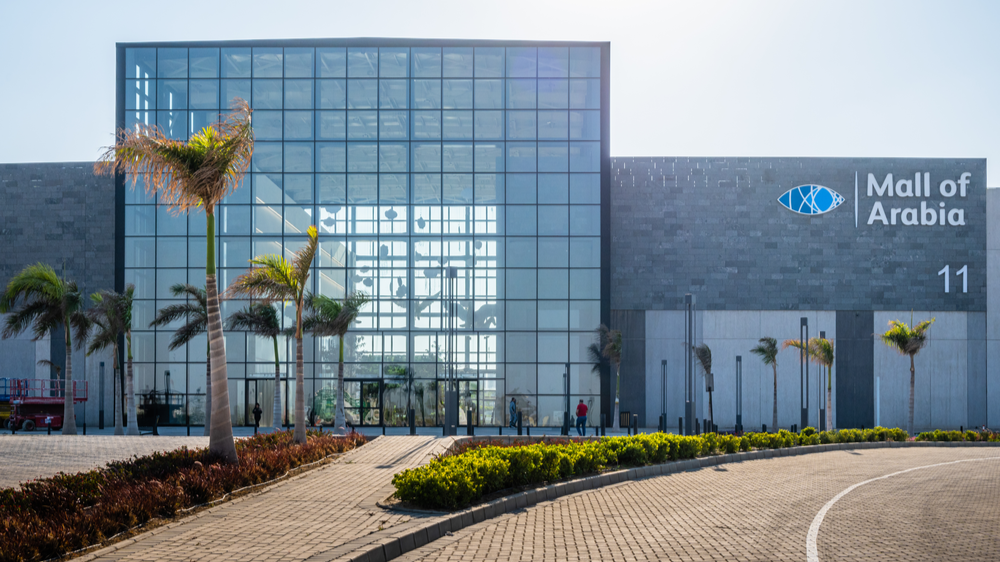

Egypt has emerged as one of the top performers on the Global Retail Development Index (GRDI) by management consultant Kearney.
Securing seventh place, the North African nation has risen up by 19 positions on the index which features 35 global emerging economies.
GRDI attributes Egypt's retail growth to multiple factors including: growing population and emerging middle class; rising secondary cities; increasing internet and mobile penetration, popularity of online shopping and e-commerce on demand services; and emergence of social media shopping platforms and other digital marketplaces.
Egypt’s Consumer Confidence Index, part of the Nielsen Global Survey, increased to 98 points in the fourth quarter of 2020 from 85 points in the second quarter of 2020, mirroring post-recession and currency devaluation recovery.
Egypt's retail market is projected to grow at a compounded annual growth rate (CAGR) of 5 per cent, from $200bn in 2020 to $254bn in 2025.
- Masterplans spur foodservice funding in Egypt
- Global race to urbanise Egypt heats up
- Egypt shakes off economic impact of Covid-19
Elsewhere in the region, Saudi Arabia and the UAE have secured ranks 12 and 14 respectively on the index.
Both nations have, however, dropped by five positions compared to 2019 rankings. This could be due to the four stages of retail development used in the ranking process, which categorises Saudi Arabia and the UAE in the maturing and closing stages respectively. Retailers in these countries are faced with higher real estate prices, intense local competition and sophisticated consumer demand.

Saudi Arabia
The rise in digitalisation and online shopping services is boosting the performance of retail sectors in Saudi Arabia and the UAE.
Meanwhile, franchise regulations designed to ramp up foreign investment launched in 2020 have helped increase transparency in Saudi Arabia. As a result, a number of existing and new brick-and-mortar plans have been announced by retailers including Majid al-Futtaim, Fawaz Alhokair, Lulu and Bindawood Holding.
A recent raft of regulations are increasing localisation in the Saudi retail sector, including the policy implemented in August 2021 which requires only Saudi nationals to be employed in malls except in select job categories.
UAE
In the UAE, use of digital technologies such as artificial intelligence, internet of things and virtual reality, as well as experiential marketing are driving growth in the country's retail sector.
According to Kearney, the UAE leads the Middle East and North Africa (Mena) region in terms of household spending on e-commerce, with the average spend per household ($2,554) being twice the global average ($1,156) and four times the Mena average ($629), positioning the country as a high demand market.
Retailers have also been rapidly adopting digital payment technologies including mobile wallets and mobile payment apps.
Moreover, the e-commerce market in the UAE is flourishing supported by factors uch as high income, high internet penetration, developed transport logistics network, modern digital payment systems, and a growing tech-savvy youth population.
"With high modern retail density, and most global brands present in the market, the UAE is maturing as a retail market and functioning like more developed markets," says the findings in the index.
Other Mena nations on the index include Morocco which was ranked sixth and Jordan that was ranked 17th.
You might also like...

Iraq signs deal to develop the Akkas gas field
25 April 2024

Emaar appoints beachfront project contractor
25 April 2024

Acwa Power signs $356m Barka extension
25 April 2024

AD Ports secures Angola port concession agreement
25 April 2024
A MEED Subscription...
Subscribe or upgrade your current MEED.com package to support your strategic planning with the MENA region’s best source of business information. Proceed to our online shop below to find out more about the features in each package.




